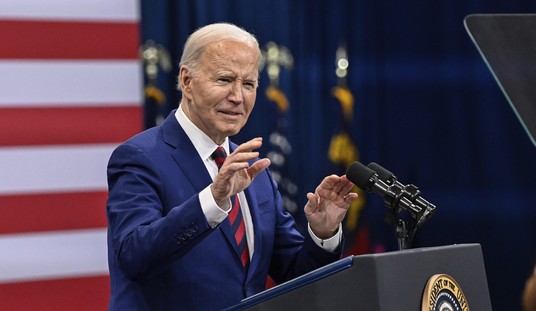During last year's budget negotiation meetings, President Barack Obama told House Speaker John Boehner, "We don't have a spending problem." When Boehner responded with "But, Mr. President, we have a very serious spending problem," Obama replied, "I'm getting tired of hearing you say that." In one sense, the president is right. What's being called a spending problem is really a symptom of an unappreciated deep-seated national moral rot. Let's examine it with a few questions.
Is it moral for Congress to forcibly use one person to serve the purposes of another? I believe that most Americans would pretend that to do so is offensive. Think about it this way. Suppose I saw a homeless, hungry elderly woman huddled on a heating grate in the dead of winter. To help the woman, I ask somebody for a $200 donation to help her out. If the person refuses, I then use intimidation, threats and coercion to take the person's money. I then purchase food and shelter for the needy woman. My question to you: Have I committed a crime? I hope that most people would answer yes. It's theft to take the property of one person to give to another.
Now comes the hard part. Would it be theft if I managed to get three people to agree that I should take the person's money to help the woman? What if I got 100, 1 million or 300 million people to agree to take the person's $200? Would it be theft then? What if instead of personally taking the person's $200, I got together with other Americans and asked Congress to use Internal Revenue Service agents to take the person's $200? The bottom-line question is: Does an act that's clearly immoral when done privately become moral when it is done collectively and under the color of law? Put another way, does legality establish morality?
For most of our history, Congress did a far better job of limiting its activities to what was both moral and constitutional. As a result, federal spending was only 3 to 5 percent of the gross domestic product from our founding until the 1920s, in contrast with today's 25 percent. Close to three-quarters of today's federal spending can be described as Congress taking the earnings of one American to give to another through thousands of handout programs, such as farm subsidies, business bailouts and welfare.
Recommended
During earlier times, such spending was deemed unconstitutional and immoral. James Madison, the acknowledged father of our Constitution, said, "Charity is no part of the legislative duty of the government." In 1794, when Congress appropriated $15,000 to assist some French refugees, Madison stood on the floor of the House of Representatives to object, saying, "I cannot undertake to lay my finger on that article of the Constitution which granted a right to Congress of expending, on objects of benevolence, the money of their constituents." Today's Americans would crucify a politician expressing similar statements.
There may be nitwits out there who'd assert, "That James Madison guy forgot about the Constitution's general welfare clause." Madison had that covered, explaining in a letter, "If Congress can do whatever in their discretion can be done by money, and will promote the general welfare, the Government is no longer a limited one possessing enumerated powers, but an indefinite one." Thomas Jefferson agreed, writing: Members of Congress "are not to do anything they please to provide for the general welfare. ... It would reduce the (Constitution) to a single phrase, that of instituting a Congress with power to do whatever would be for the good of the United States; and, as they would be the sole judges of the good or evil, it would be also a power to do whatever evil they please."
The bottom line is that spending is not our basic problem. We've become an immoral people demanding that Congress forcibly use one American to serve the purposes of another. Deficits and runaway national debt are merely symptoms of that larger problem.

























Join the conversation as a VIP Member